

Despite the challenges of the COVID-19 pandemic, the AACR called on our elected representatives to provide sustained and predictable funding increases for medical research and to protect the interests of patients. These efforts were rewarded in December 2020, when Congress passed a package that provided an increase of $1.25 billion for the NIH (including a $119.5 million increase for the NCI) and an increase of $42.25 million for the FDA in fiscal year (FY) 2021 compared to the previous year. While these increases fell short of the amounts advocated by the AACR and its partners, they did demonstrate that medical research remains a high priority in the face of strict budget caps.
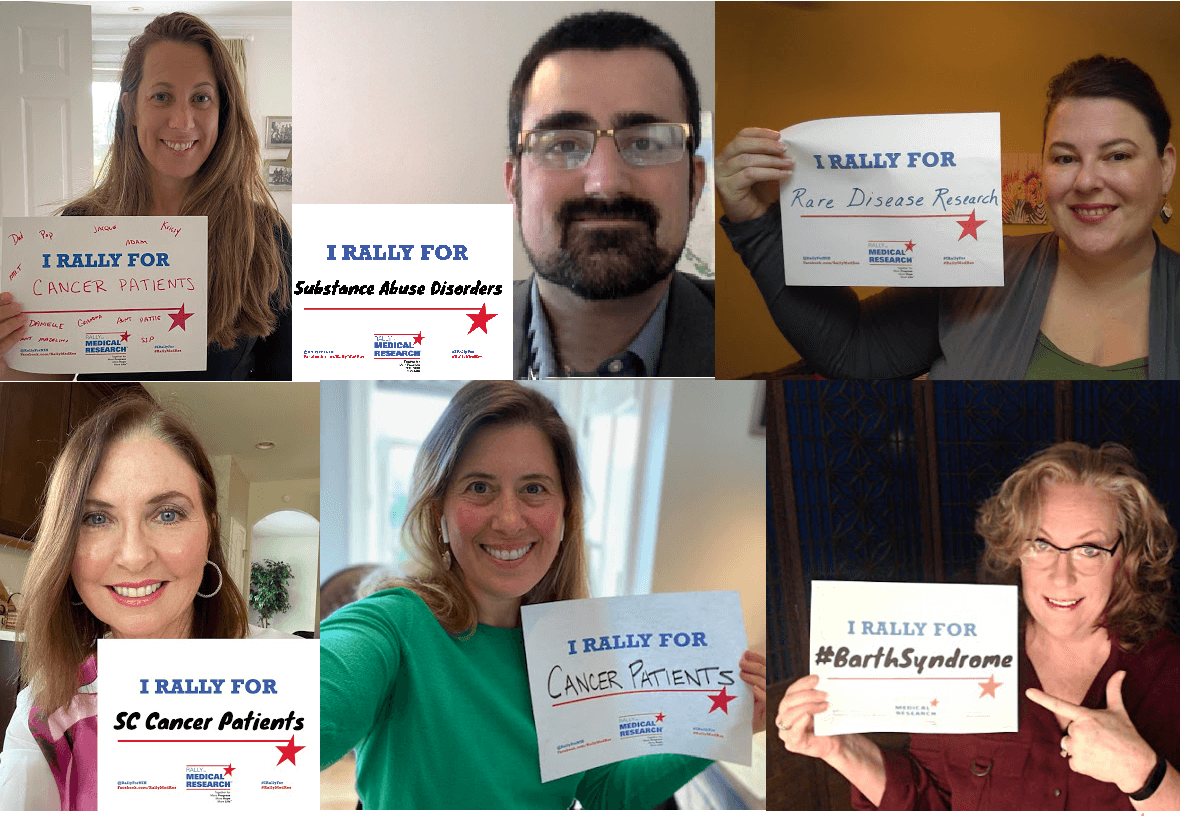
The AACR Regulatory Science and Policy Subcommittee develops and implements programs and policy initiatives to improve the development, evaluation, and regulation of cancer drugs, biologics, and devices. The subcommittee worked with the U.S. Food and Drug Administration (FDA) on three critical initiatives in 2020:
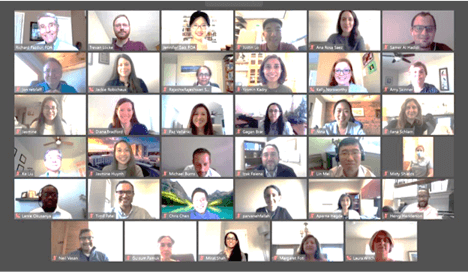
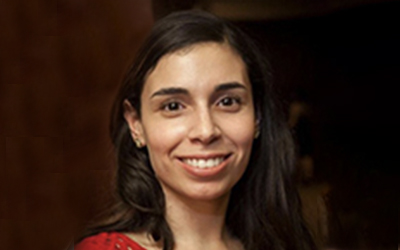
Yasmin Kadry, PhD
FDA-AACR Oncology Educational Fellow
The mission of the AACR Tobacco Products and Cancer Subcommittee is to foster scientific and policy initiatives to reduce the incidence of disease and mortality due to tobacco use. In February, the subcommittee worked with the FDA and the International Association for the Study of Lung Cancer (IASLC) to convene an FDA-AACR-IASLC Workshop on the Criticality of Tobacco Use Assessment in Oncology Therapeutic Trials. Chaired by Dr. Herbst along with Michael E. Menefee, MD, and Matthew Steliga, MD, the workshop highlighted the limited data captured on tobacco and e-cigarette use patterns among clinical trial participants and made recommendations for the evaluation and systematic assessment of tobacco use in future trials.
Through its Survivor and Patient Advocacy initiatives, the AACR connects patient advocates with the scientific community, fostering communication and patient engagement in the research enterprise. The AACR responded to the challenges of the COVID-19 pandemic in 2020 by adapting its programs to virtual formats in an attempt to overcome isolation and maintain active communications with patients:
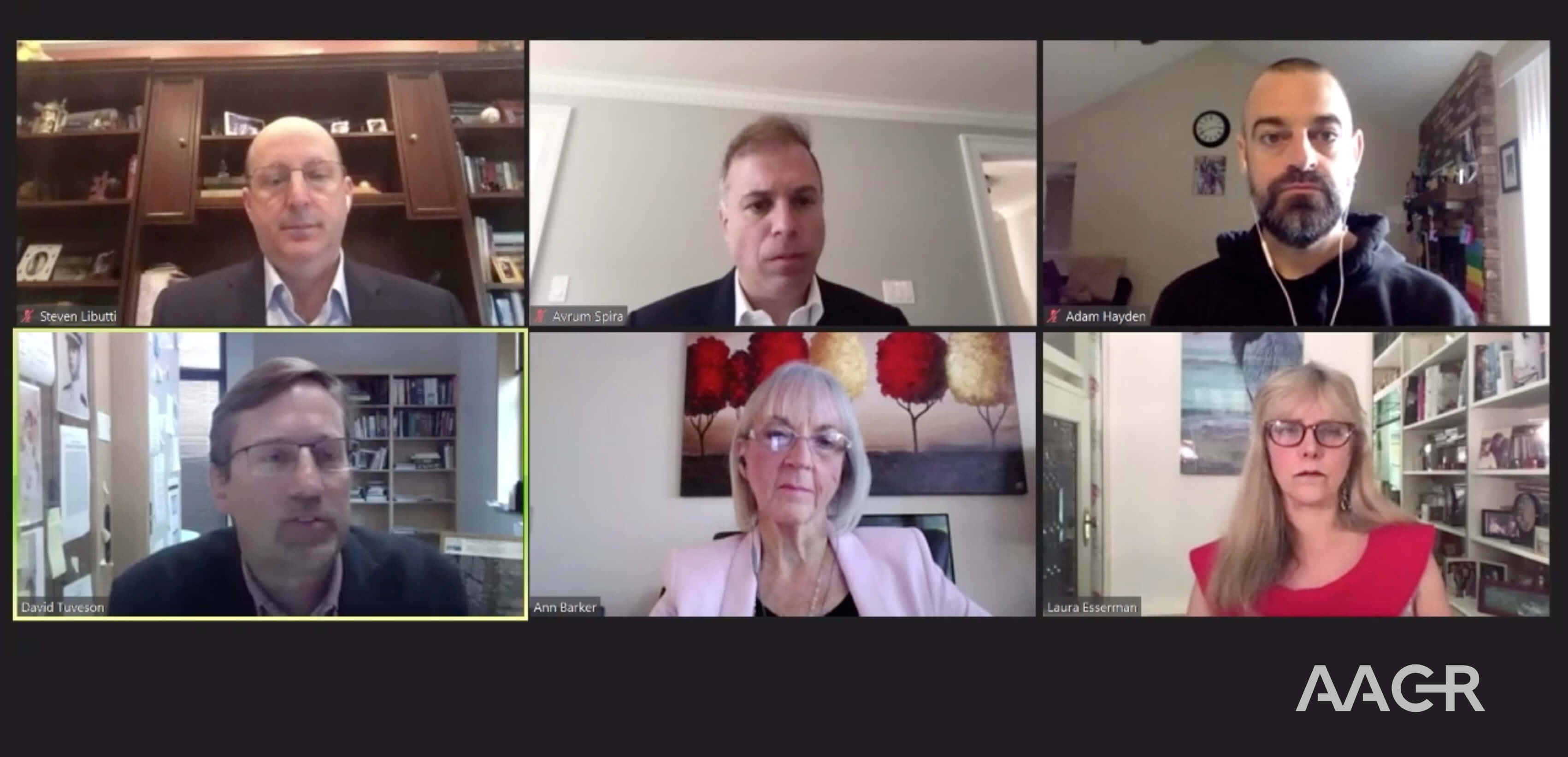
Cancer Today is the AACR’s award-winning magazine and website for cancer patients, survivors, and caregivers. It is a vital resource for those navigating a cancer diagnosis, treatment, or survival. Now in its ninth year of publication, the magazine addresses important cancer topics in a comprehensive way. Among the most read stories published in 2020 were the following:
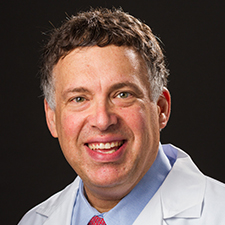
Roy S. Herbst, MD, PhD
Ensign Professor of Medicine, Chief of Medical Oncology, and Associate Cancer Center Director for Translational Research, Yale Cancer Center
New Haven, Connecticut
A nationally recognized leader in lung cancer research and treatment, Dr. Herbst is a tireless advocate for strong tobacco control policies and regulations. He has served as chair of the Tobacco Products and Cancer Subcommittee of the AACR’s Science Policy and Government Affairs Committee since the subcommittee was founded in 2009. A newly elected member of the AACR Board of Directors (2020–2023), Dr. Herbst received the Distinguished Public Service Award in recognition of his sustained, outstanding leadership in cancer science policy for the AACR.
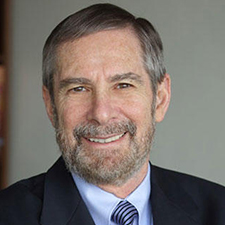
Douglas R. Lowy, MD, FAACR
Principal Deputy Director and Chief of the Laboratory of Cellular Oncology, Center for Cancer Research, National Cancer Institute
Bethesda, Maryland
Dr. Lowy is best known for his papillomavirus research involving viral oncogenes, conducted in collaboration with Dr. John T. Schiller, which contributed to the establishment of the FDA-approved human papillomavirus (HPV) vaccines. These vaccines counteract HPV infections, which are responsible for approximately 5% of human cancer worldwide. As acting director of the NCI from April 2015 to October 2017, Dr. Lowy provided critical national leadership to advance the National Cancer Moonshot Initiative that Vice President Joe Biden spearheaded during the final year of the Obama administration. He served a second term as acting NCI director from January 2019 to November 2019. He received the Distinguished Public Service Award in recognition of his outstanding leadership of the NCI during his tenure.
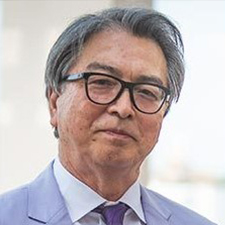
Yoshiyuki Majima, PhD, MPH
Founder, Pancreatic Cancer Action Network (PanCAN) Japan
Tokyo, Japan
Mr. Majima founded PanCAN Japan in 2006 after his sister’s death from pancreatic cancer, and the organization is now the largest support organization for pancreatic cancer patients in Japan. One of his most notable achievements was calling upon the Japanese Ministry of Health, Labor, and Welfare to reduce the “drug lag” for first-line pancreatic cancer drugs imported to Japan, resulting in a reduction in the approval time for imported drugs from six years to two years. He received the Distinguished Public Service Award in recognition of his outstanding leadership in patient advocacy, education, and support.
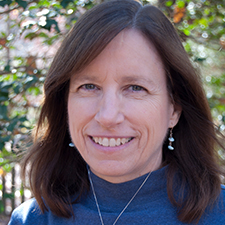
Patricia Spears, BS
Cancer Research Patient Advocate
University of North Carolina Lineberger Comprehensive Cancer Center
Chapel Hill, North Carolina
As a breast cancer survivor and revered patient advocate, Ms. Spears urges patients to participate in clinical trials and inspires clinicians and researchers by reminding them of the critical importance of the patient voice in treatment. She has devoted her time and vision to more than a dozen initiatives, including the AACR Conflict of Interest Working Group, the AACR Scientist↔︎Survivor Program, and the 2018–2019 AACR Annual Meeting Program Committee. She received the Distinguished Public Service Award in recognition of her long-standing advocacy for cancer patients and their loved ones and caregivers.